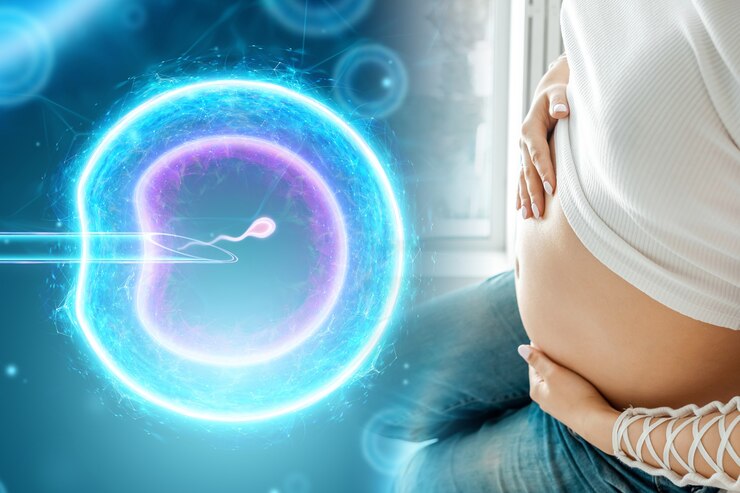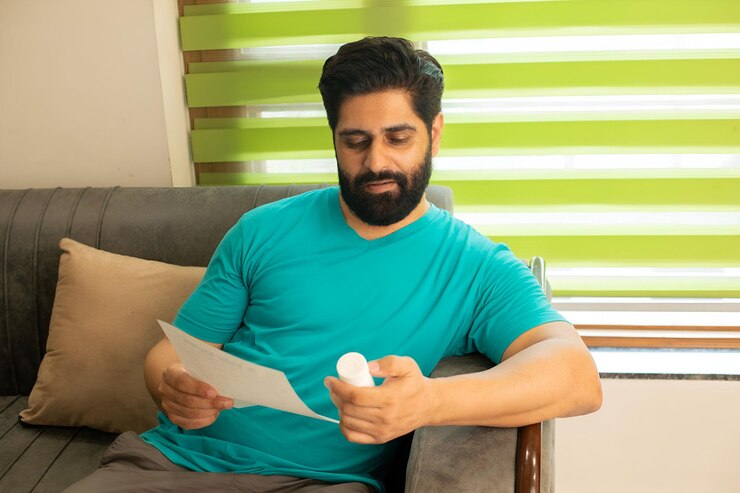
Is IVF Treatment Causing Stress? Here Are A Few Ways Singles And Couples Can Handle The Testing Times
IVF, or in vitro fertilisation, can be extremely emotionally challenging for both singles and couples. IVF treatment has its ups and downs as you walk into unknown territory anxiou








